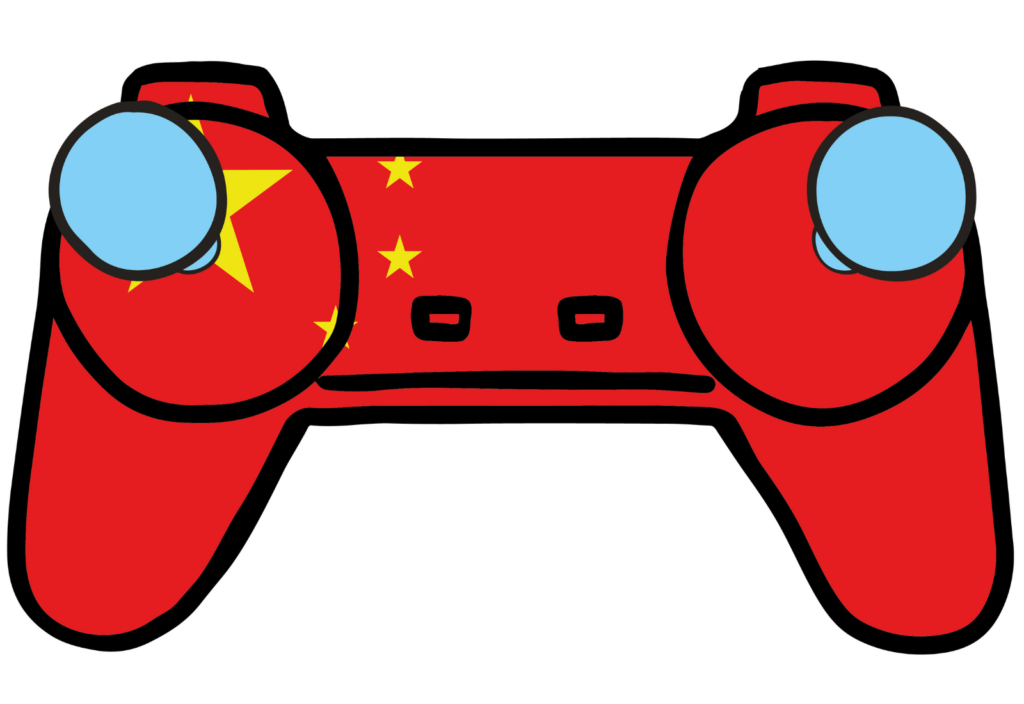China’s online gaming market is the largest in the world in terms of revenue, but its online gaming laws, market access restrictions, and censorship make it difficult for non-Chinese developers to sell their online games into China.
The following are some of the basics of what it takes for foreign companies to get their online games into China.
1. The Chinese government must approve China online games
Before an online game can be distributed in China, it must obtain approval and an ISBN (International Standard Book Number) from China’s National Press and Publication Administration (NPPA). The only exception to this is for games that do not require payments or offer in-game purchases.
Mobile game developers used to be able to publish their games via Apple’s China App Store without an ISBN. But this changed in August, 2020, when Apple removed from its China App Store more than 26,000 games that did not have government approval, a large chunk of which were foreign-developed games.
The NPPA is China’s primary regulator of its online game industry, though various other government agencies (the CAC, the MIIT, the police force and the State Council) also regulate the gaming industry. According to a February, 2020 NPPA notice, 33 foreign games were approved for commercialization in China for 2021.
2. The government limits China online game content
As provided in the Regulation on Publication Administration, the NPPA must block any game that is vulgar, low brow, kitschy or otherwise in violation of “core socialist values.” Beyond blocking games that deal with China hot-button issues like Hong Kong/Taiwan/Xinjiang/Tibet, what is considered vulgar or “violations of core socialist values” is not crystal clear.
The NPPA requires applicants seeking permission to sell their games in China submit the entire game script, including system notifications, NPC conversations, and mission plots, along with a list of words and phrases blocked by the game.
3. Other China online game licenses
Before an entity can even apply for approval to import a foreign game into China it must have various other licenses.
A gaming publisher must have a license for online publication services. Publication of video games is considered an Internet publication, which are heavily regulated and require a special license. The publisher must have its servers or storage devices located within China. Most importantly, foreign-invested companies are not eligible for such a license.
The game operator is responsible for the general operation of a game, including hosting, game promotion and customer support. These activities are considered commercial Internet information services, so they require a commercial ICP license.
Large gaming companies such as Tencent hold both online publication and commercial ICP licenses. Many game operators team up with publishers that have an online publication license to apply for a game approval.
4. Registered copyright and game licensing agreement certificates
The copyright of a game must also be registered before the game may be submitted to the NPPA for approval. In the case of foreign online games, the NPPA requires a game licensing agreement registration certificate from China’s National Copyright Administration along with the game application.
5. Foreign companies need Chinese partners to get their online games into China
The Chinese government considers video games Internet publications and China’s Negative List for Market Access prohibits foreign companies from investing in Internet publications. Therefore, foreign companies cannot set up a company (a WFOE or a joint venture) to publish video games. Because of this, foreign developers and publishers usually get their games into China by licensing them to a Chinese company, then having their Chinese partner submit the game application to the NPPA.

























